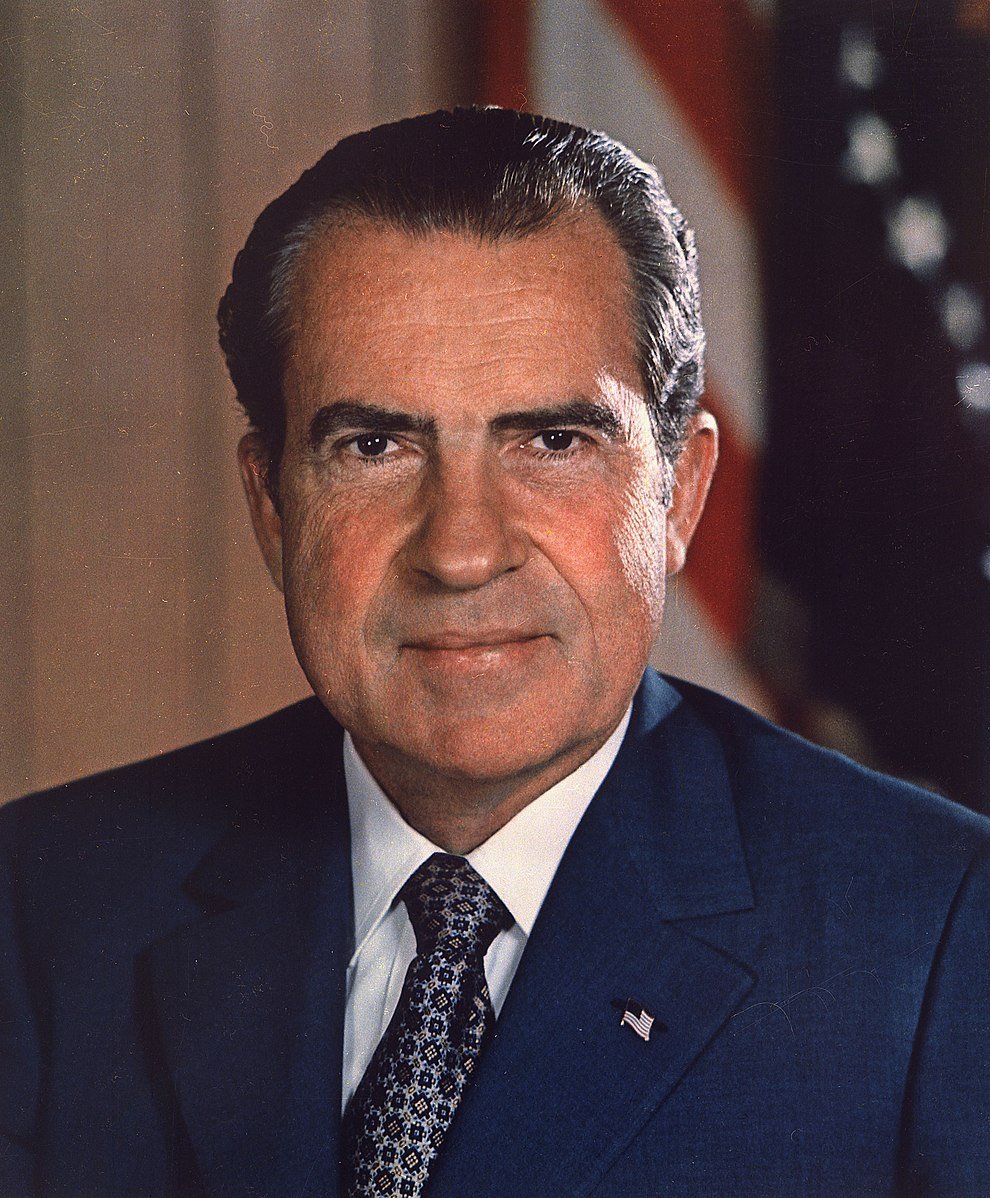Vietnamisation, 1969 (Edexcel GCSE History): Revision Note
Exam code: 1HI0
Summary
President Richard Nixon was voted into power based on promises to end the draft to the army and to end Americans fighting in Vietnam. As victory seemed impossible, he had to find a way of withdrawing American soldiers from the fighting without admitting to a humiliating defeat. After setting out in the ‘Nixon Doctrine’ that America was no longer going to stop the spread of communism in Southeast Asia with its own combat troops, he introduced the policy of Vietnamisation. This placed the burden of fighting on South Vietnam and, although popular with American voters, was unsuccessful.

Ending the Vietnam War: The Nixon Doctrine, 1969
Due to heavy criticism over the Vietnam War, President Lyndon B. Johnson chose not to stand for reelection and President Richard Nixon entered the White House in 1969
Nixon had been elected after promising to deliver ‘Peace with honour’ in Vietnam
He’d also promised to end the calling up of Americans to the army - known as the draft
Once president, he outlined his beliefs and approach when it came to supporting America’s allies in Southeast Asia
This became known as the ‘Nixon Doctrine’ and stated:
America would continue to support its allies and retaliate if they came under nuclear attack
That support would no longer include American combat troops
What was Vietnamisation?
Vietnamisation was the name given to Nixon’s policy of withdrawing American troops from combat roles and replacing them with Army of the Republic of Vietnam (ARVN) troops
Nixon hoped this would allow him to reduce the number of US deaths without having to admit that America had lost the war
He also hoped that American money and military advisors would be enough to maintain South Vietnam as a non-communist, independent American ally
The reaction to Vietnamisation
American Reactions to Vietnamisation
It was popular with many members of the American public as fewer US soldiers were being killed in Vietnam
US troops that were still in Vietnam were very demoralised as they were risking their lives for a war that America was no longer trying to win
Drug use amongst US soldiers increased
South Vietnamese Reactions to Vietnamisation
Many people in South Vietnam felt betrayed by Vietnamisation
The withdrawal of thousands of American troops badly damaged the morale of the South Vietnamese
Why did Vietnamisation fail?
Despite the extensive training and millions of dollars of donated weapons and equipment, Vietnamisation failed for the following reasons:
Many soldiers in the ARVN were not as committed or motivated to fight as their Vietcong counterparts
Corruption was widespread within South Vietnam and the ARVN
Many of the ARVN soldiers who had been drafted and rounded up by police to fight, deserted and went into hiding
Examiner Tips and Tricks
When suggesting reasons for the different views of the interpretations in question 3c, make sure your answer refers to both interpretations.

Unlock more, it's free!
Was this revision note helpful?
